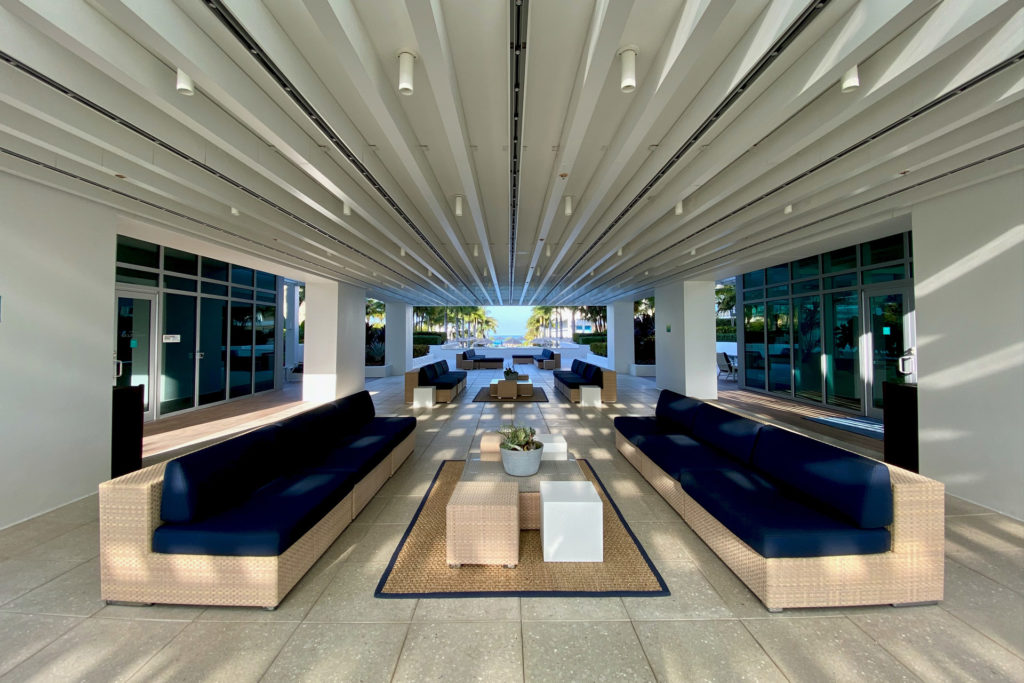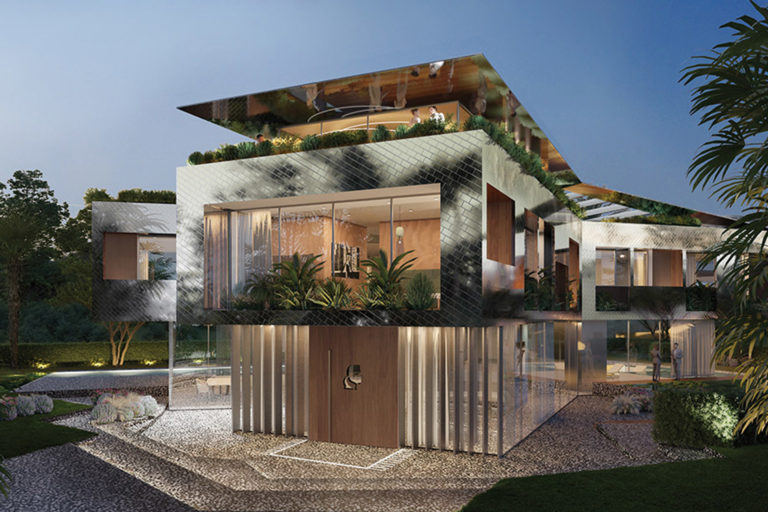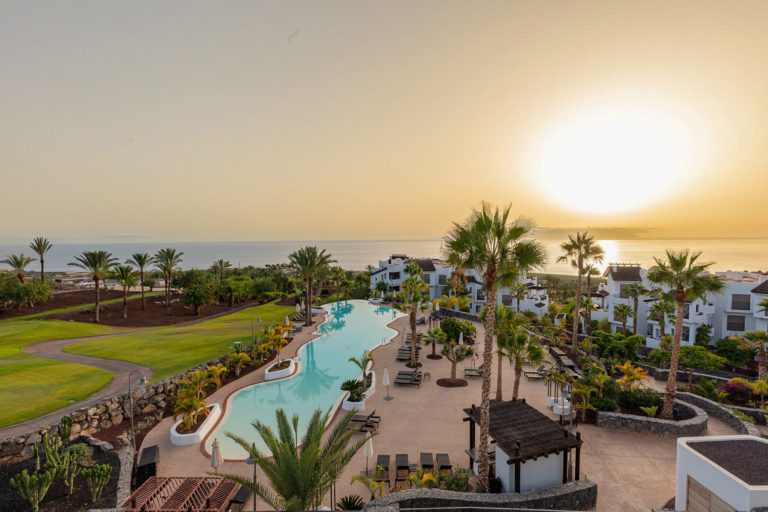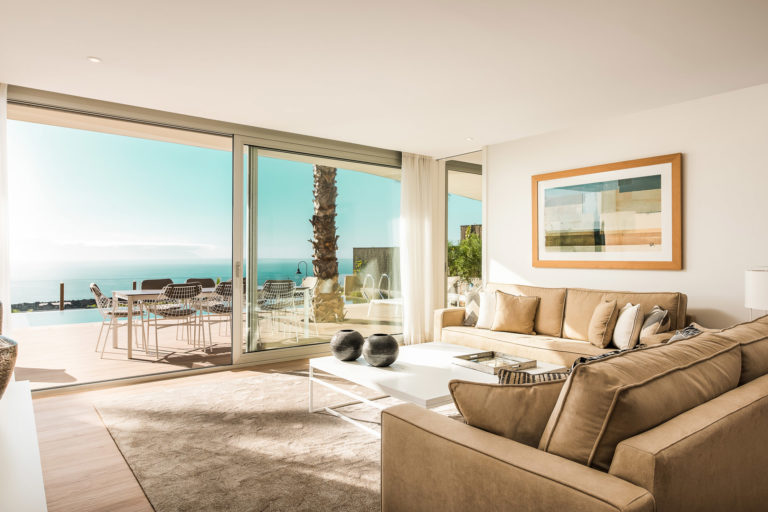
No expensive eccentricities, no extravagances, no ephemeral experiences. The keys to successfully promoting a luxury tourism product lie elsewhere and, if leveraged properly, are more feasible and more scalable than the alternatives. The keys to which we refer are digitalization, hyper-personalization and sustainability. These are not only shaping the industry, but also the preferences and expectations of the most discerning travelers.
Digitally redefining experiences
In recent years, thanks to digitalization, luxury tourism has undergone a radical metamorphosis. Contact with technology begins for consumers from the moment they begin to think about travel, and continues through their return home. At every stage of their journey, digital is opening up a range of new possibilities.
From virtual reality to the integration of the IoT (Internet of Things) into hotel rooms, from Artificial Intelligence to augmented reality, digitalization simplifies processes and adds convenience to every stage of the journey. It has transformed the way we plan, live, and share our experiences.
In this context, the most discerning tourists can now make use of exclusive personalization tools. This isn’t limited to booking flights or rooms; it’s about services that are tailor-made. Virtual concierges, personalized recommendations, and apps that offer itineraries tailored to each person’s interests are redefining the concept of luxury travel with pinpoint accuracy.
Tourism on demand
Hyper-personalization is becoming the standard of luxury. The most discerning tourists not only seek dream destinations, but also crave experiences that dovetail with their personal tastes. À la carte experiences transcend the concept of conventional travel, turning them into an active search for unique, custom-made experiences.
From private yachting trips on a translucent ocean to carefully planned cultural expeditions, every detail is molded to reflect clients’ most personal desires. Exclusivity now refers, not to physically accessing unattainable places, but to creating a unique narrative that connects with the essence of each individual, making each journey into an exquisite work of art.
Environmental awareness
Because luxury and environmental awareness are perfectly compatible, luxury tourism promotion must seek to highlight environmentally friendly accommodations and the support of projects that benefit local communities. Sustainability has become an essential pillar in the market.
Tourists want experiences that, while meeting their expectations of comfort and singularity, also have a positive impact on their surroundings. Sustainability is a component of travel that enriches the traveler, brings greater prestige to the resort or hotel establishment that promotes it, and contributes to the preservation of natural and cultural resources.
Digitalization, hyper-personalization and sustainability are not only shaping luxury tourism and resort management, but are also redefining the meaning of exclusivity in travel. These three pillars work together to deliver experiences that satisfy individual desires and also positively impact our world.



